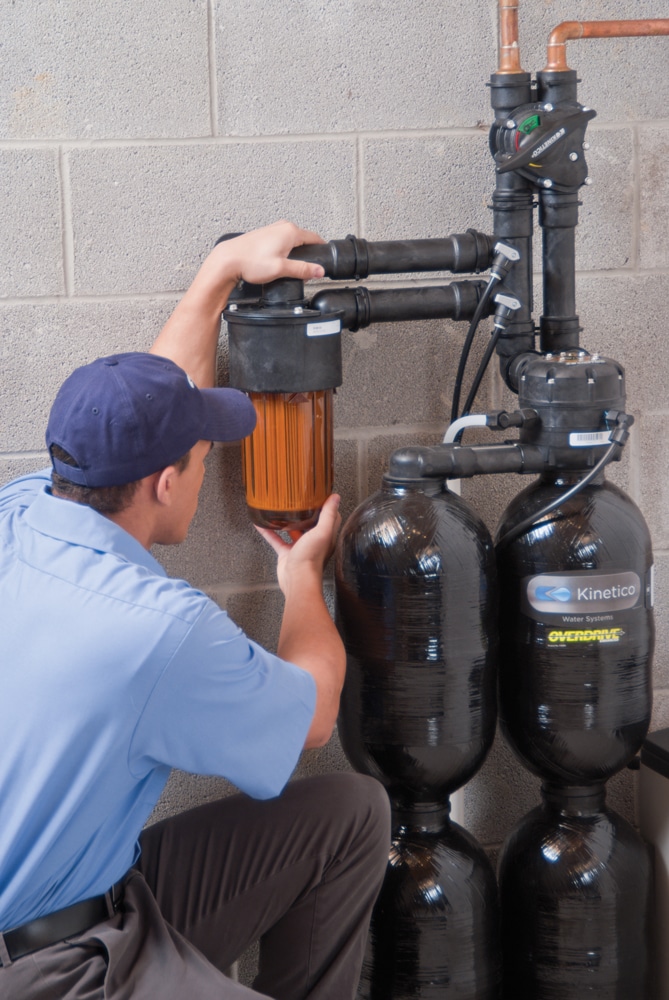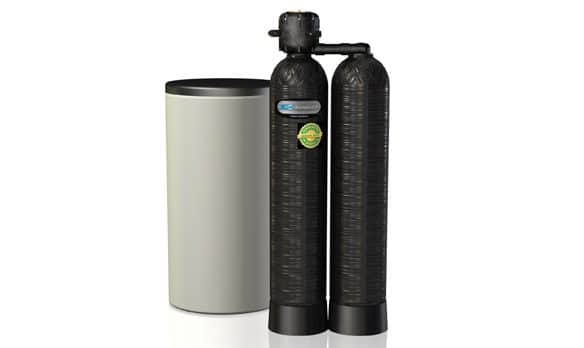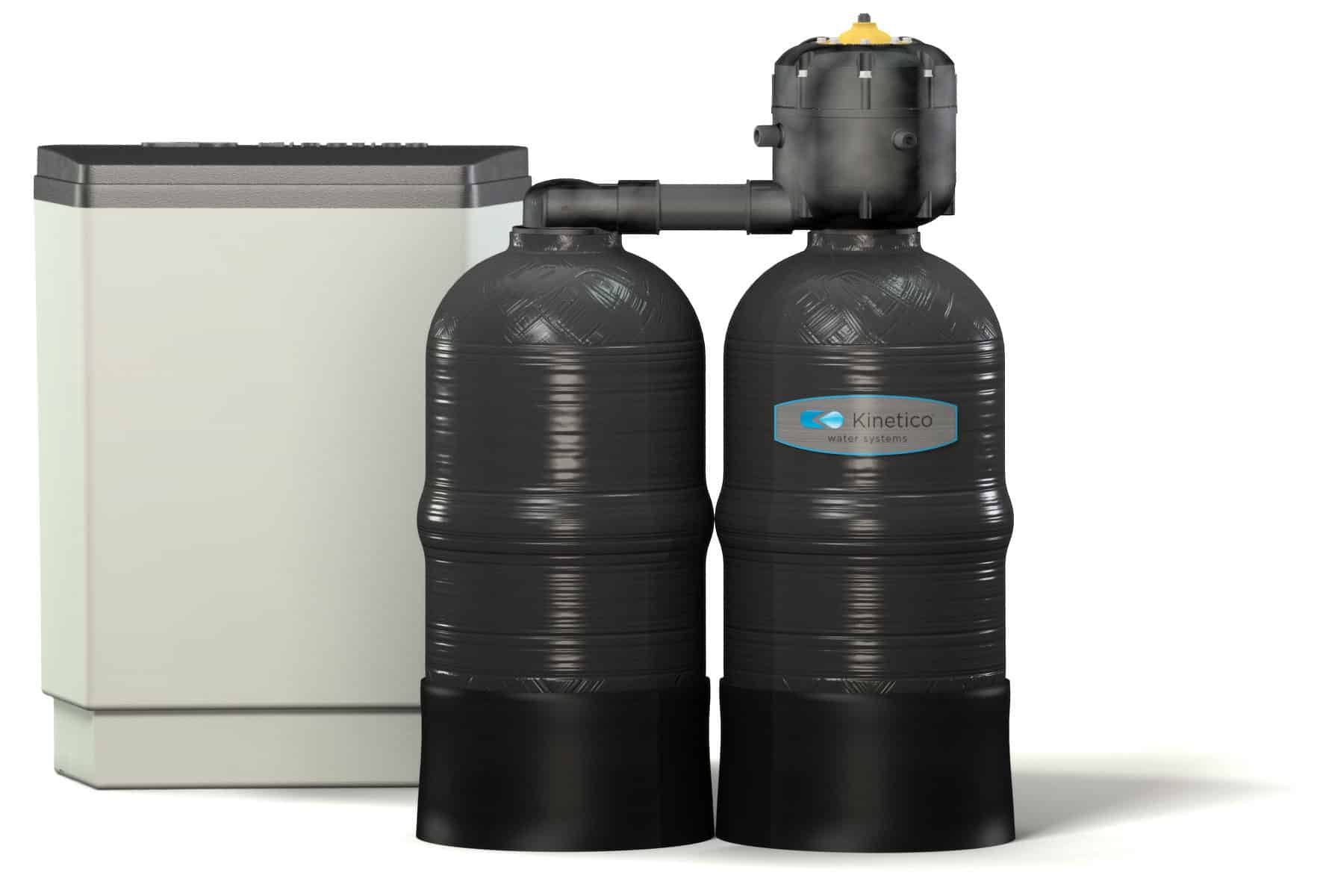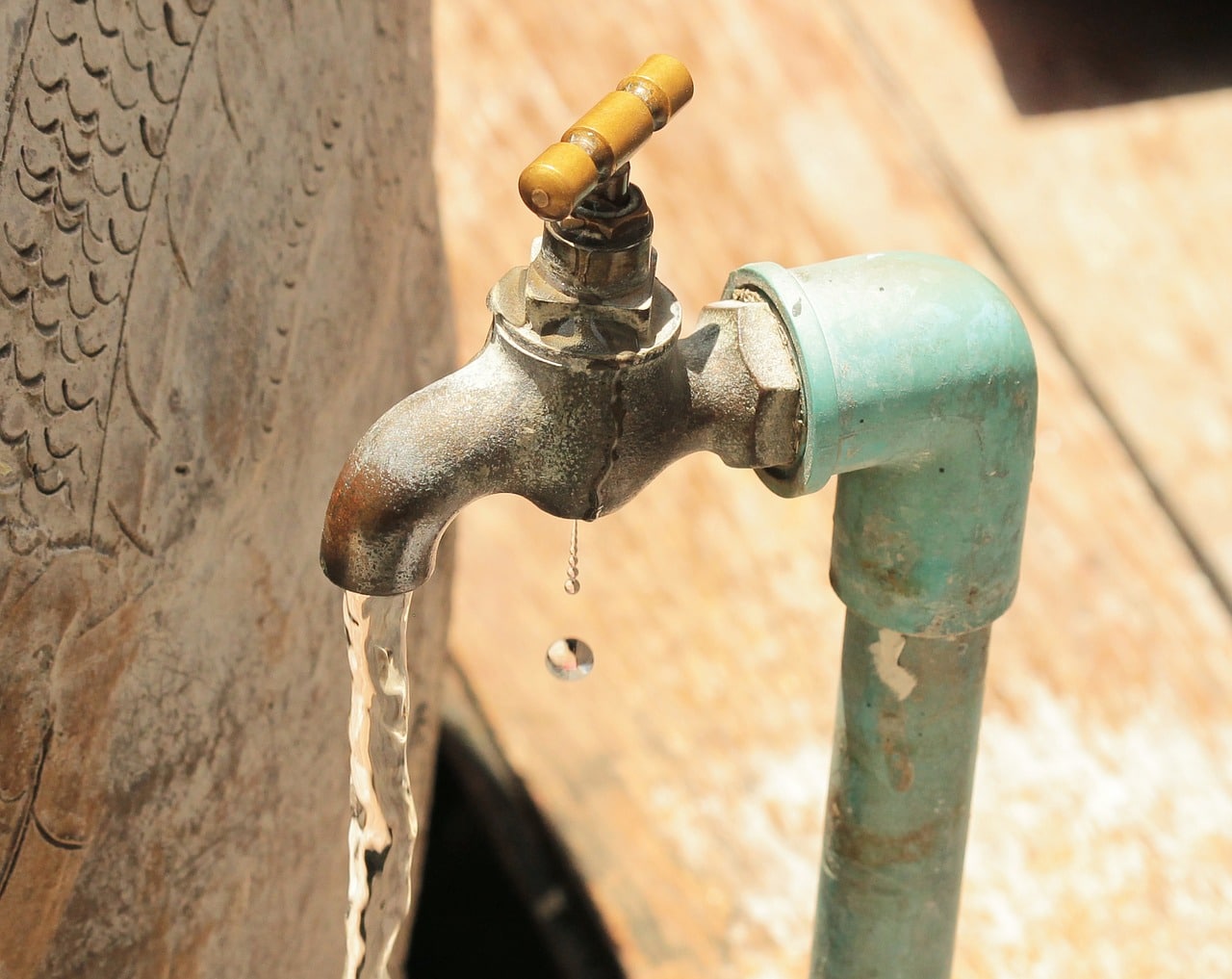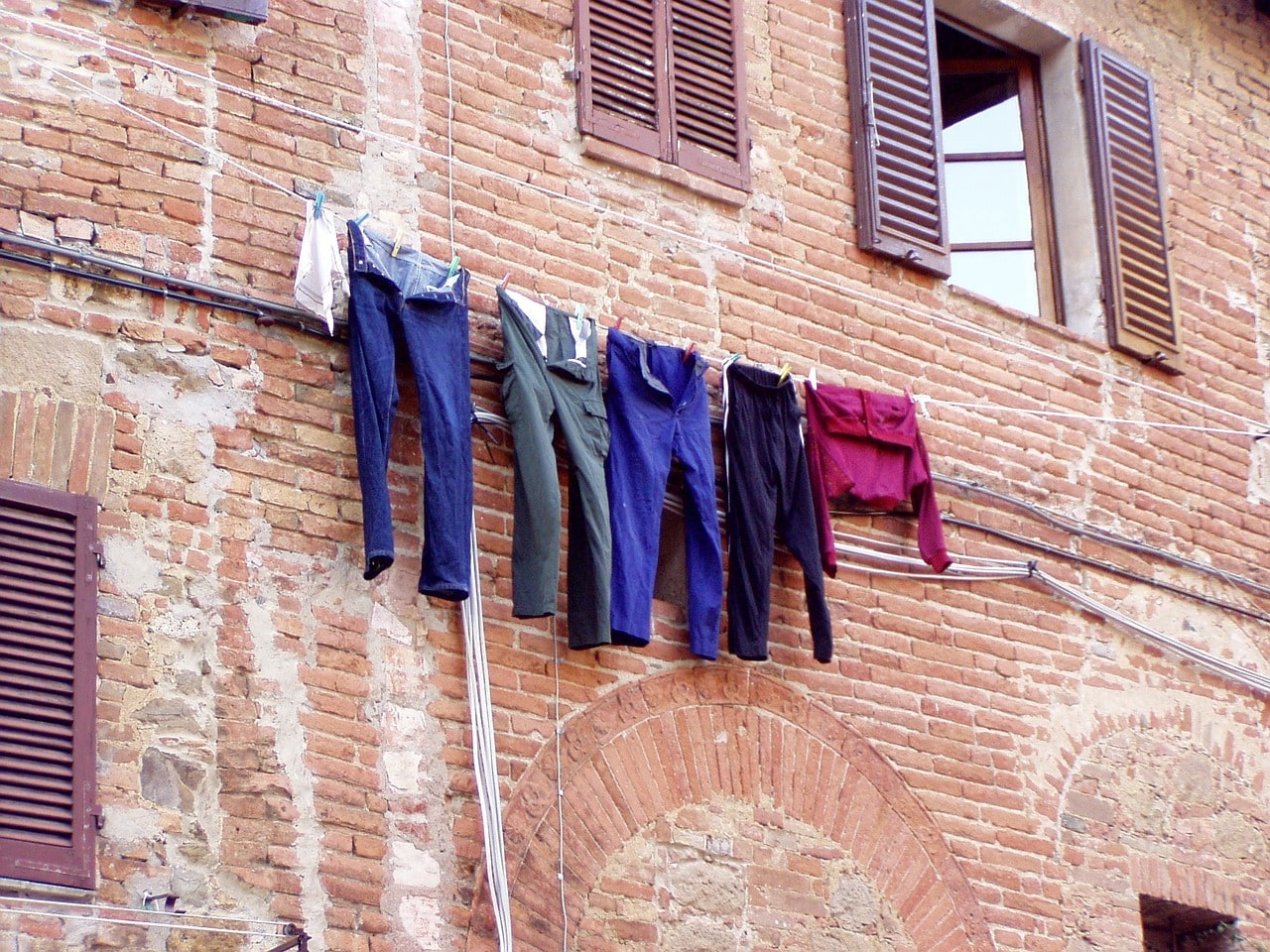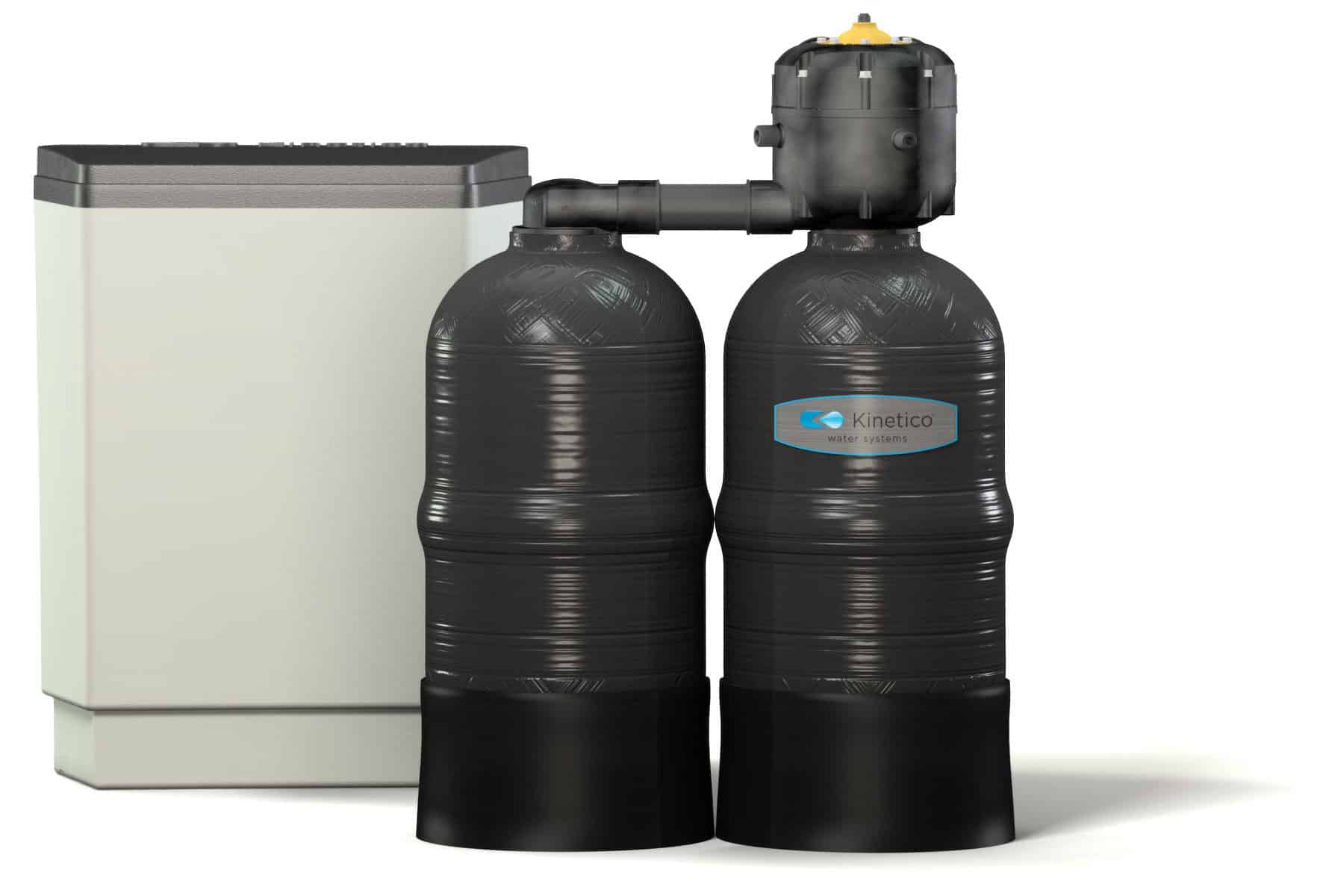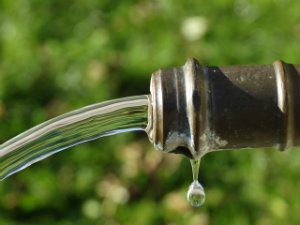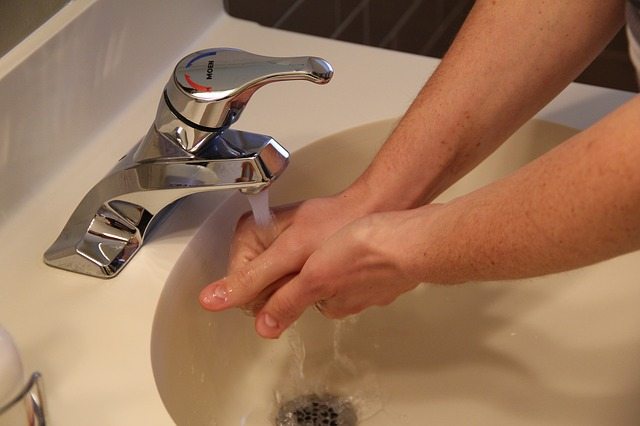Water softeners are a great addition to many homes, and when they are working properly they provide plenty of benefits, ranging from cleaner, more comfortable clothing and towels to healthier skin and hair. When they are not working, though, you want to get repairs done quickly so you can get back to enjoying that nice soft water every day. Here are a few early signs that there might be a problem so you can stay on top of the repairs.
Dishes Appear Cloudy
If you notice that your dishes are not as bright and clean as they have normally been, you should check your water softener first. The minerals in hard water often leave water spots or deposits on your glass dishes, so this is a quick way you can spot a problem.
Soap Isn’t Lathering as Well
You may also notice that when you’re soaping up in the shower you have to use a lot more soap and you’re not getting those luxurious, sudsy bubbles that you were before. That could be a result of hard water, which makes soaps more difficult to lather.
Skin Feels Itchy and Dry
Another time you might feel the water softener not working is when you shower or bathe and get out feeling itchy and dry. Soft water is better at moisturizing your skin, so that itchy, dry feeling is not something you would normally experience.
You’re Not Replacing the Salt as Often
This is one that you may not notice right away, but something you will see gradually over time. If you normally replace a bag of salt about once a month, then you go for two or three months without needing to replace it (and with no substantial change in your water usage habits), that means the tank isn’t using up the salt correctly, and it likely means that your water softener has malfunctioned.
Troubleshooting the Issues
The easiest way to find out if something is wrong with your water softener is to call a professional to come and inspect it, but there are also a couple of things you can do on your own to check the system. Simply making sure your system is plugged in and the clock is properly timed for the backwash cycles can save you a lot of headache in the long run. You can also check hardness settings if your unit comes with those to make sure that they are still on your preferred level.
You may also need to clean out the resin bed if your water softener requires it, but in many cases it’s better to call a professional for this. They can also inspect for problems in the supply tank that feeds salt to the unit. Other issues might include a malfunctioning resin rinsing system that has clogged the intake. In the absence of an obvious way to fix it yourself (such as plugging it back in if it came unplugged), it’s often best to leave it to the professionals so you don’t risk injury to yourself or others, or the chance that you will cause even more damage.

